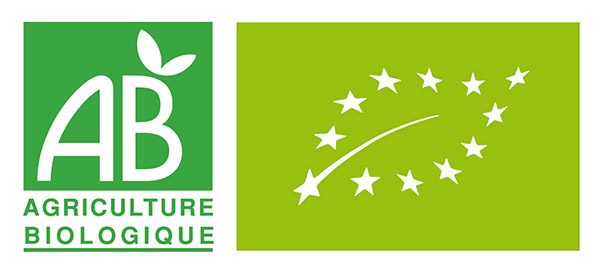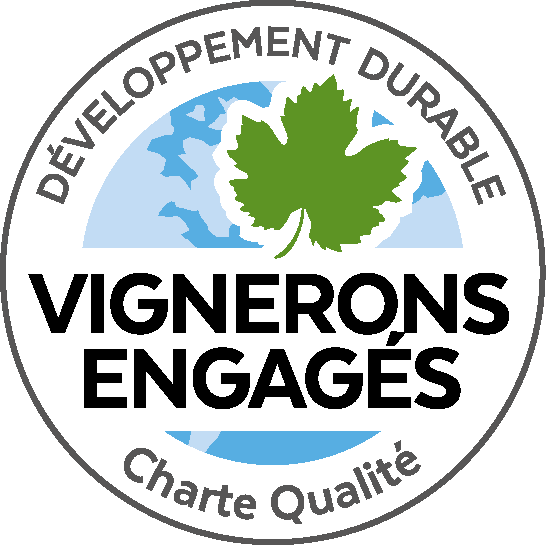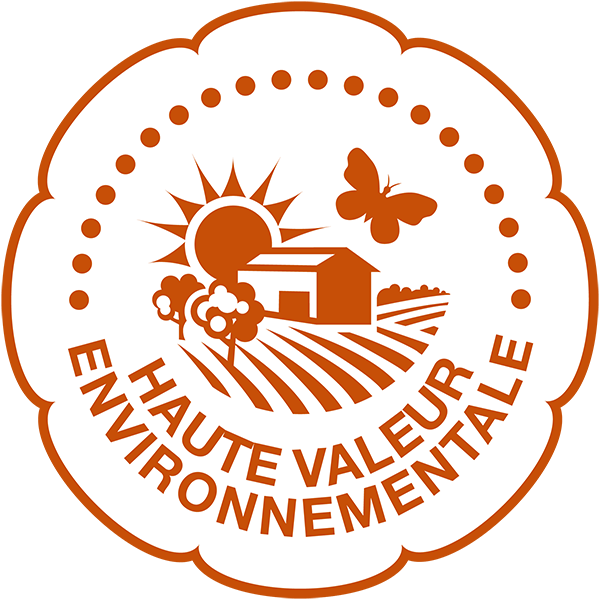There is no shortage of certifications in the wine industry! What are the differences? What to expect? Historically, quality labels have structured the wine offer with PGI or PDO. But what else? Have you ever seen the logos of AB, HVE, Vignerons Engagés or Terra Vitis certifications on a bottle?
53% of French wine buyers take the time to check whether a bottle of wine displays an environmental certification when making a purchase, according to the SoWine/Dynata 2022 barometer. This is even a strong trend among 26-35 year olds, as 63% of respondents say they check this criterion before choosing a wine (vs. 49% among 50-65 year olds). The same is true for wine connoisseurs/experts (71%), 82% for major wine buyers on the Internet.
Not counting Terra vitisDemeter, Biodyvin, Ecocert and the vegan wine labels. There is no shortage of labels in the wine world! Both in France and at European level. How to find your way around? What are the differences or common points between these certifications? How do they work?
Let us first look at what these certifications have in common. They are all based on specifications that evolve over time and are drawn up by experts. In addition, these labels are audited by an independent third party. They are therefore credible approaches.
Then, what makes them different? Some of these labels are only for vines and wine (Vignerons Engagés, Terra Vitis or Biodyvin), while others such as AB, Demeter, HVE or "zero pesticide residue" are multi-field. They have specific themes: PGI or PDO labels are concerned with the place and origin of the products. Others offer a broad spectrum, such as HVE (High Environmental Value), a public system of environmental recognition and enhancement, or a more limited one, such as Bee Friendly, the farmers' label for the protection of pollinators. Among those that are currently being developed are those that relate to organic farming, CSR (Corporate Social Responsibility), such as Vignerons Engagés, or sustainable development, such as Terra Vitis. Each one has its own specificities, in the vineyard and in the cellar. Let's look at some examples.

Whether with the "AB" logo or the European leaf-shaped logo, products from organic farming are easily identifiable for consumers. Organic agriculture labels (France or Europe) advocate the non-use of synthetic chemicals or GMOs and use only certified organic oenological products in the cellar. Organic farming is subject to European regulations applied by all Member States. In addition to these regulations, certain products and activities are governed by national specifications.
In addition, the requirements for oenological practices are very precise in AB, with, for example, a limited content of sulphites.

Vignerons Engagés is based on the three pillars of sustainable development: environmental, social and economic. This label goes from the vine to the glass.
Note: the wines produced thanks to this certification often offer several labels. For example, for the vineyard part, some are organic or organic conversion, HVE, or biodynamic. However, in order to enrich their reflection in a truly global way on the vineyard, the cellar as well as on the societal and economic part, the winegrowers who produce these wines opt for the label Vignerons Engagés. Indeed, it also allows them to rethink their practices in their marketing and human resources management. Note: a winegrowing company certified "Vignerons Engagés" is obliged to reduce its use of synthetic chemicals.

The HVE (High Environmental Value) certification of farms was created in 2012 in France to encourage the commitment of as many farms as possible to the agroecological transition. The HVE is a voluntary farm certification, accessible to all agricultural sectors and built around four environmental themes, which in the case of the wine sector, only concerns viticulture: the protection of biodiversity, the reduction of the use of phytosanitary products, the management of fertilisation and the management of water resources.
In addition, HVE is designed according to three levels of environmental progression and level 3, or High Environmental Value (HVE), is based on obligations of results measured by environmental performance indicators. After 10 years of existence, HVE certification underwent an evolution of the criteria for obtaining the highest level of certification at the end of 2022.
.jpg)
Winegrowers who commit to Terra Vitis certification advocate sustainable and responsible viticulture, seeking the best possible balance between respect for the environment, society and the economic sustainability of winegrowing operations. Terra Vitis certification is based on precise specifications, built around an approach that values traceability, exhaustiveness, reasoning, progress and exchange. Currently, the Terra Vitis specifications include nearly 80 different control points.
Certification is annual, which means that a new control takes place every year and that a farm can lose its certification if it no longer respects the requirements of the specifications.